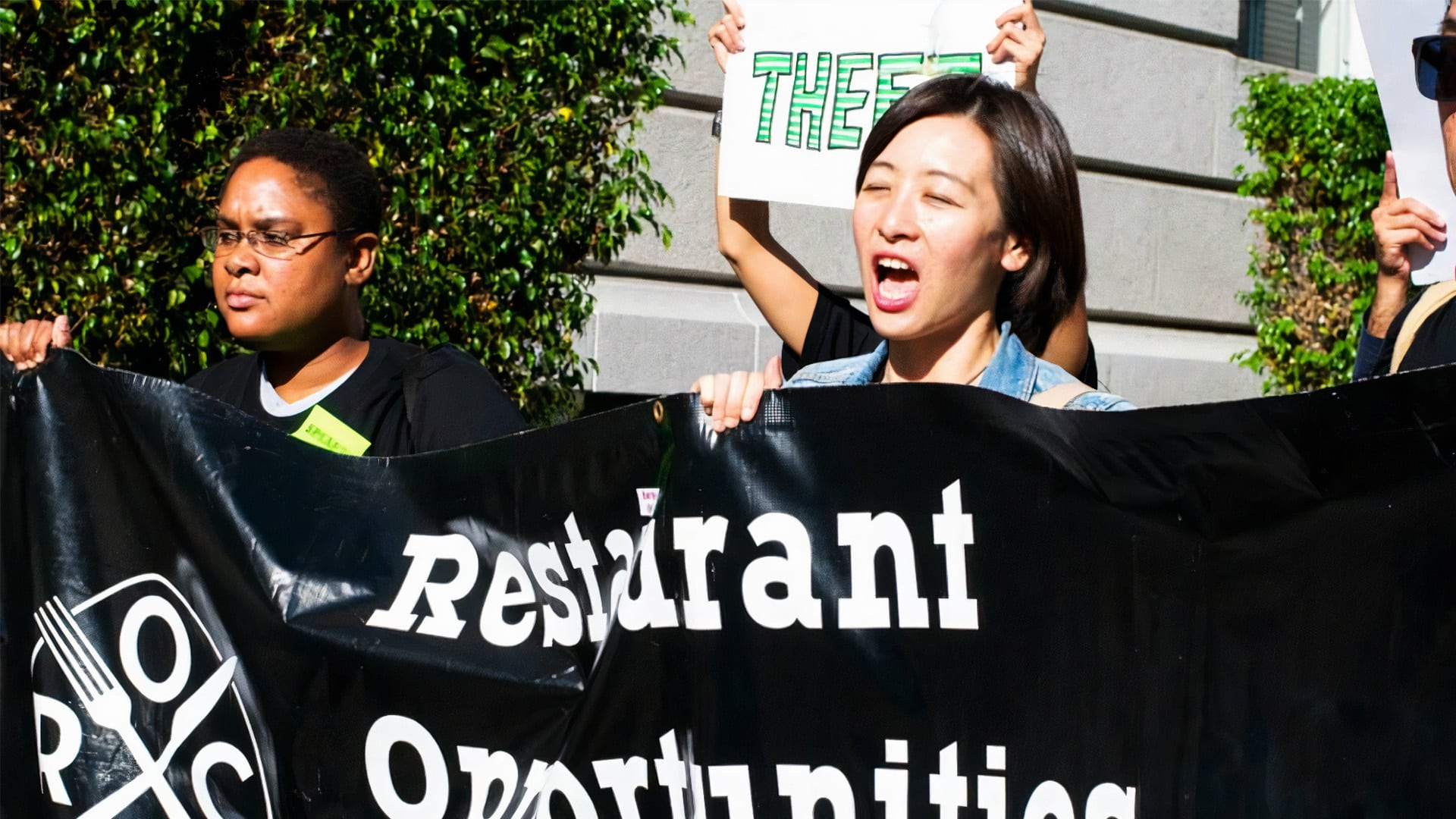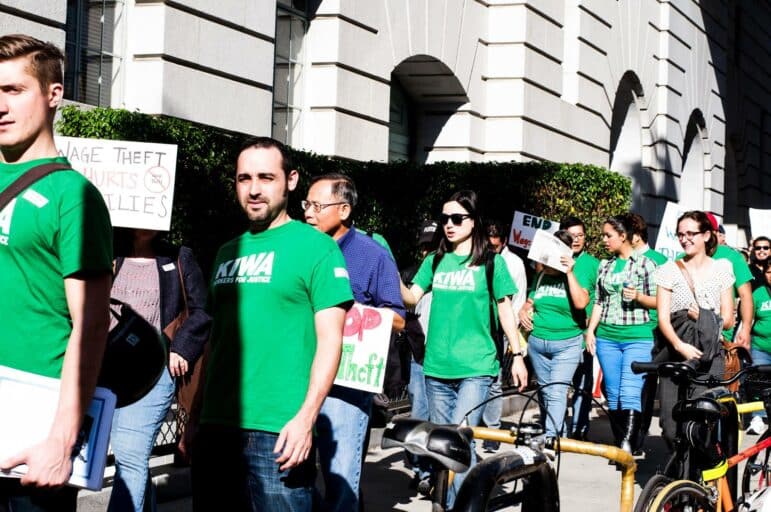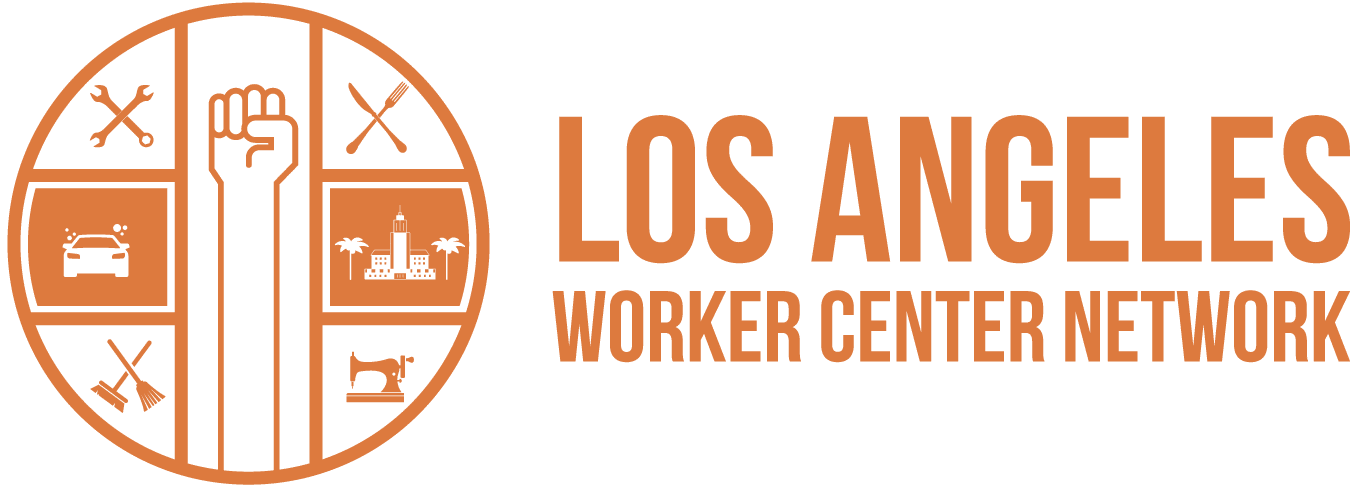
Our Movement
The Los Angeles Worker Center Network is part of a diverse and rapidly growing worker center movement in the United States and abroad.
Worker centers include organizations dedicated primarily to workplace and community organizing, groups supporting day laborers and those focused on workforce development, as well as immigrant rights organizations, faith-based groups, and movements focused on equity and justice.
Below is a list of worker centers and national networks now growing across the United States.
If you would like your organization to be included below, please contact us at info@lawcnetwork.org.
Central American Resource Center (CARECEN)
Coalition for Humane Immigrant Rights (CHIRLA)
Immigrants Are Los Angeles (IRLA)
Inland Empire Black Worker Center (IEBWC)
Instituto de Educacion Popular del Sur de California (IDEPSCA)
Los Angeles Alliance for a New Economy (LAANE)
Malibu Community Labor Exchange (MCLE)
Maintenance Cooperation Trust Fund (MCTF)
Mixteco Indigena Community Organizing Project (MICOP)
California Coalition of Worker Power (CCWP)
California Domestic Workers Coalition (CDWC)
Central Coast Alliance United for a Sustainable Economy (CAUSE)
Centro De Trabajadores Unidos En La Lucha (CTUL)
Chinese Progressive Action (CPA)
Centro Laboral de Graton (CLG)
Day Worker Center of Mountain View
Day Worker Center of Santa Cruz County
Dolores Street Community Services (SDCS) (incl. San Francisco Day Labor Program)
Filipino Community Center (FCC)
Mujeres Unidas y Activas (MUA)
South of Market Community Action Network (SOMCAN)
Southern California Black Worker HUB for Regional Organizing
Adelante Alabama Worker Center (Adelante)
Chicago Workers Collaborative (CWC)
Coalition of Immokalee Workers (CIW)
Faith and Justice Worker Center (FJWC)
Farmworker Association of Florida (FWAF)
New Orleans Workers’ Center for Racial Justice (NOWCRJ)
Tenants and Workers United (TWU)
Warehouse Workers for Justice (WWJ)

Worker Centers & Unions: What’s the Difference?
Both worker centers and labor unions are concerned with employment issues, such as wages and working conditions.
Unions are legally recognized to represent groups of workers in collective bargaining with management on employment issues, including disputes over contract violations.
Worker centers, including LAWCN member organizations, are nonprofit, community-based organizations that offer support to low-wage, often immigrant workers who are not part of a collective bargaining entity, such as a union, or who are excluded from federal labor laws.
